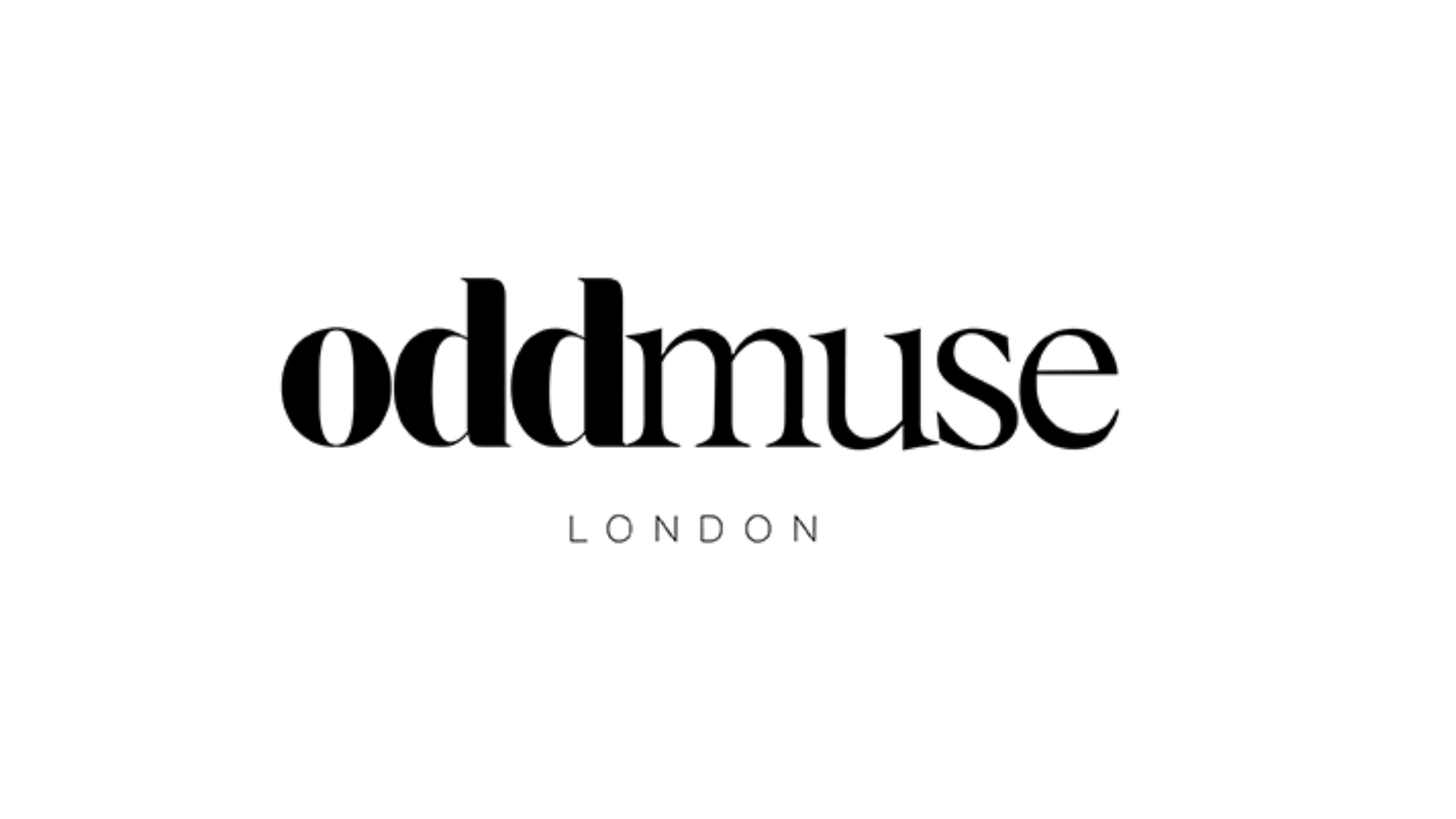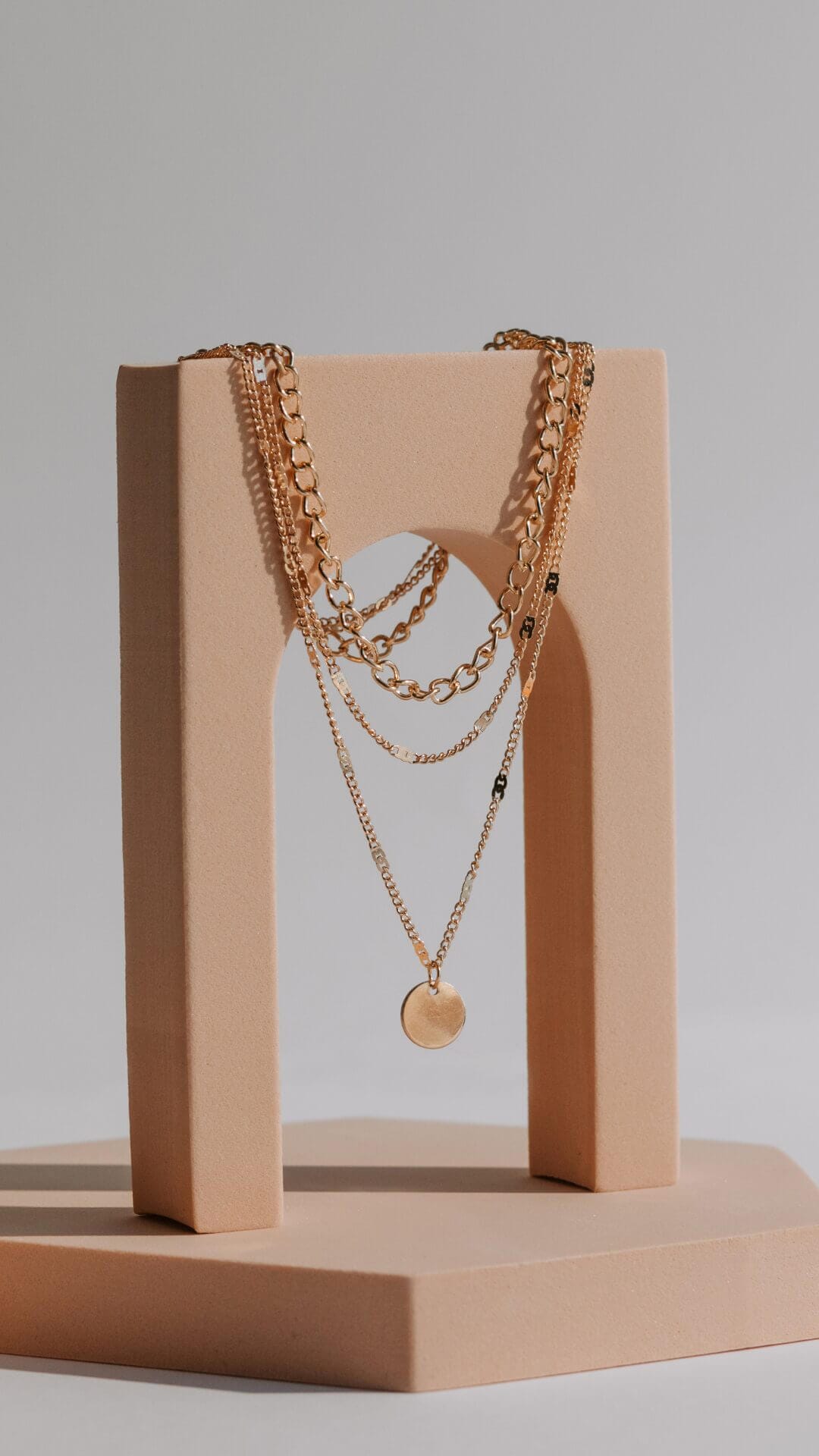Built Differently: How Women Are Redefining Growth in British Business
By CavendishEach year, the Sunday Times 100 Fast Growth list highlights the UK’s fastest-scaling private companies. This year, 28 of them were founded or co-founded by women.
That number alone is a signal. But at Women of Influence, we’re not just interested in who is growing. We’re asking how.
How do female founders build businesses that scale fast – and sustain that scale? What patterns are emerging in how they lead, fund, and define success? And what can we learn from the companies doing it exceptionally well?
“What we’re seeing across this year’s Fast Growth 100 is a shift in how value is being built – founders leading with purpose, scaling with discipline, and owning the narrative. These women aren’t just growing fast, they’re building business models that last.”
– Rebecca McCredie, Cavendish
We’ve highlighted five businesses from this year’s list that stand out not only for their commercial results, but for how that growth has been achieved. The approach behind these businesses has been deliberate – focused on clarity of direction, tight control over growth, and careful decisions about leadership and funding.

Aimee Smale – Odd Muse
Redefining luxury fashion with conviction
Aimee Smale launched Odd Muse during lockdown with no fashion background, no team, and no capital. What she did have was a clear belief: women didn’t need more clothes. They needed better ones – “timeless investment pieces” that made them feel like the main character.
From day one, Smale ran everything: design, photography, fulfilment, and content. Odd Muse’s momentum began when Smale modelled her early designs at home and started posting on TikTok – back when it was mostly dancing content. “Because we took it quite seriously from the beginning, we really became established fast.” Four years later, Odd Muse is stocked in Soho and New York, employs 20 people, and is on track for £25 million in revenue.
Smale has spoken candidly about the difficulties of scaling: “It came with some challenges in terms of hiring and having facilities to get the orders out quick enough… This is probably the first year that we’ve perfected that and gotten past the growing pains.”
Smale’s decisions were shaped by instinct, but also by close control over product, brand and operations. She grew Odd Muse by staying focused on what she wanted the business to represent.
“Growth happens when you do the things you’re not qualified to do.”
Aimee SmaleOdd Muse



Lucy Palmer – Hair Gain
From personal pain to £10 million growth
Lucy Palmer didn’t plan to create a supplements brand. She simply wanted to fix a problem that no one else seemed to take seriously.
After suffering postpartum hair loss, she couldn’t find an effective, trusted solution. So she built one. Hair Gain was developed with scientists, backed by clinical studies, and designed to speak to women in a way the industry hadn’t. It’s now sold in Harrods, Holland & Barrett and Urban Outfitters, with more than £10 million in annual revenue.
Hair Gain scaled quickly through social storytelling and a strong DTC model. But it’s the repeat-purchase logic and founder credibility that have fuelled sustainable growth. Palmer isn’t a nutritionist. She’s a founder who saw a gap, and backed herself to build a better product.
“I became determined to create the ultimate nutritional supplement that would feed
follicles at source.”
Hair Gain

Olivia Jenkins – D. Louise
Jewellery with purpose, and a plan
D. Louise was named after Olivia Jenkins’ late mother, a detail that both emotionally and commercially makes the brand feel different.
Built to be affordable, long-lasting and meaningful, D. Louise quickly gained traction online. The product resonated. But so did Jenkins’ transparency. She talked about grief. She talked about growth. She didn’t hide the messiness of building a brand from scratch.
In 2024, D. Louise reached £6.6 million in revenue. It also attracted investment from former Gymshark CEO Steve Hewitt – a testament to the strength of both the founder and the model.
D. Louise shows how a clear purpose, combined with a strong operational model, can build real customer loyalty and commercial momentum.
“Everything we do has to be something I’m proud of and I truly believe in – that’s why it has been so successful. I’ve never been a cop‑out, I’ve never done something I don’t believe in, and I think our customers can really feel that.”
Olivia JenkinsD Louise



Jennifer Davidson – Sleek Events
Global growth, zero outside funding
Jennifer Davidson didn’t start with a five-year plan or investor deck. She started with one goal: to create an events agency where people actually wanted to work.
That focus on culture-first leadership shaped everything that followed. Sleek Events grew through referrals, relationships and reputation. It now runs global experiences or brands like AWS and Bumble, with £22 million turnover – and not a single round of external investment
Sleek Events shows that a commercially successful business can still be built around a clear culture and values – without relying on external funding or over-expansion.
“When I tell someone we are going to deliver, we deliver. A lot of companies are so big and couldn’t care less.”
Jennifer DavidsonSleek Events

Dr Somayeh Taheri – UrbanChain
Disrupting energy markets with trust and tech
UrbanChain is a renewable energy marketplace built on peer-to-peer technology. It connects energy producers directly with consumers, bypassing the traditional supplier model. The result: lower costs, higher transparency – and an £85 million revenue trajectory.
Its co-founder, Dr Somayeh Taheri, is an environmental economist who fled political
instability in Iran before gaining a PhD in the UK. Her journey is one of resilience and reinvention
UrbanChain didn’t grow because it was fashionable. It grew because it worked – and because Taheri insisted on solving the problem with integrity.
Taheri built the business using personal savings and loans, managing pressure from early investors while holding to the original mission. “We were repeatedly told to give up,” she said. “We didn’t.”
UrbanChain blends technical innovation with founder-led narrative. Taheri didn’t fit the mould of a tech CEO. She built a new one.
“The energy market’s built for big business – and it’s not fair on the rest of us.”
Dr SomayehUrban Chain

Conclusion
Across these five businesses, the data is impressive. But what’s also interesting is the deeper patterns
● Founder-first clarity:
○ Each business was shaped by the founder’s personal experience and point of view. That clarity fed through to how they approached brand, product and growth decisions.
● Bootstrapped first:
○ Most of these companies grew without institutional funding. That early discipline helped shape sustainable models before any external capital was considered.
● Instinct backed by structure:
○ Founders often led with instinct, but paired it with clear operational decisions. Hair Gain invested in clinical trials, Sleek Events focused on margin discipline, and Odd Muse committed early to brand consistency.
● Community before reach:
○ Rather than chasing visibility, these businesses focused on building real connection – from early TikTok followers to high levels of repeat purchase and customer feedback
“These stories show us something important: fast growth doesn’t have to follow the traditional playbook. Many of these founders have scaled without raising capital, built strong communities before big budgets, and turned personal insight into commercial success. That’s a model worth paying attention to.”
– Rebecca McCredie, Cavendish
The Fast Growth 100 list shows that while every business grew in its own way, certain themes stand out: clarity about what’s being built, consistency in how it’s delivered, and a focus on relationships that enable scale. These patterns suggest a shift in how some founder-led businesses are approaching growth – more intentional, more grounded, and shaped by long-term priorities.
At Cavendish, through our Women of Influence programme, we believe female founders are not just participating in the future of British business. They’re helping shape it.
